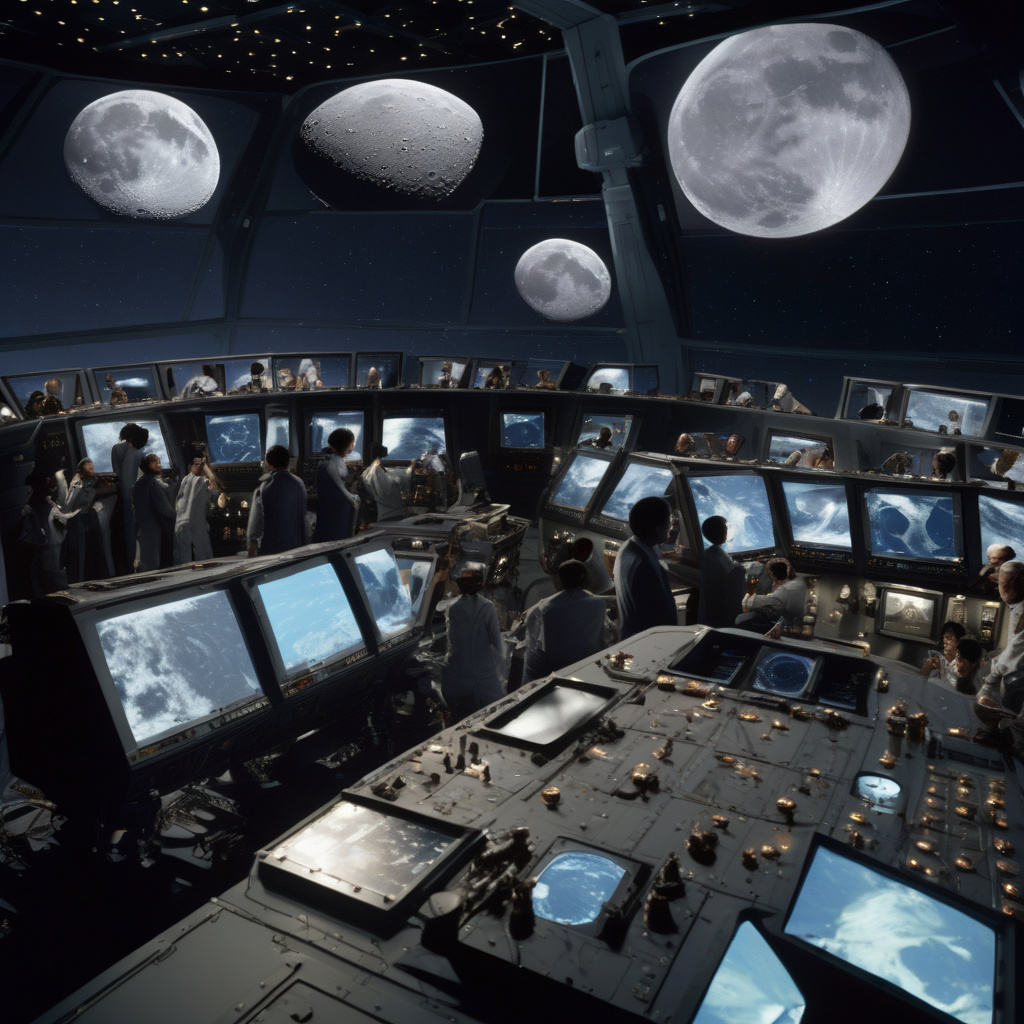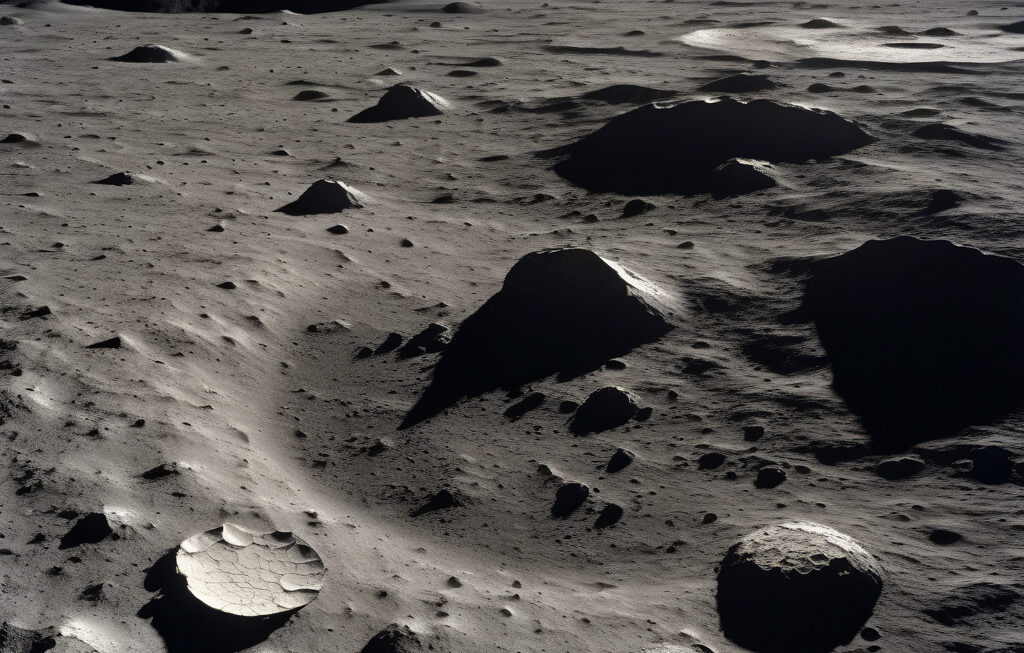Japan’s ispace Faces Setback as Contact with Moon Lander Lost
In a disappointing turn of events, Tokyo-based ispace lost contact with its lunar lander ‘Resilience’ just under two minutes before it was scheduled to touch down on the moon’s surface. The mission, which aimed to further Japan’s space exploration ambitions and contribute valuable data to the global space community, has now faced its second setback in a row, leaving many enthusiasts and experts alike wondering about the future of the program.
The incident, which occurred during the critical landing phase, marks a significant blow to ispace’s efforts to establish itself as a key player in the increasingly competitive field of lunar exploration. With aspirations to mine lunar resources and support future manned missions to the moon, the company’s setbacks highlight the inherent challenges and risks associated with such endeavors.
Despite the loss of communication with the lander, ispace remains optimistic about the mission’s overall success. The team is currently analyzing data to determine the cause of the communication failure and assess the possibility of reestablishing contact with the lander. While the outcome of these efforts remains uncertain, the incident underscores the importance of resilience and adaptability in the face of unexpected obstacles.
This setback serves as a reminder of the complexities involved in space exploration and the inherent risks associated with pushing the boundaries of human knowledge and technology. As companies and nations around the world set their sights on the moon and beyond, it is crucial to approach these endeavors with a combination of ambition, caution, and a willingness to learn from both successes and failures.
The loss of contact with the ‘Resilience’ lander is a setback for ispace, but it is also an opportunity for the company to regroup, learn from the experience, and emerge stronger and more determined than before. By addressing the challenges that led to the communication failure and implementing appropriate safeguards and contingency plans, ispace can enhance its capabilities and increase the likelihood of success in future missions.
While the immediate focus is on understanding what went wrong with the ‘Resilience’ lander, it is essential to keep the bigger picture in mind. Space exploration is a complex and demanding endeavor that requires perseverance, innovation, and a willingness to confront and overcome obstacles. By staying true to its vision and remaining committed to its goals, ispace can turn this setback into a valuable learning experience that propels it toward even greater achievements in the future.
As the team at ispace works to regain contact with the ‘Resilience’ lander and assess the mission’s overall outcome, the global space community watches with interest and anticipation. The lessons learned from this experience will not only benefit ispace but will also contribute to the collective knowledge and understanding of lunar exploration, paving the way for future missions and discoveries.
In the ever-evolving landscape of space exploration, setbacks are an inevitable part of the journey. What sets successful organizations and missions apart is their ability to adapt, learn, and grow from these challenges. By approaching setbacks as opportunities for growth and improvement, ispace can position itself as a resilient and innovative leader in the field of lunar exploration.
#ispace #moon #spaceexploration #resilience #lunarmission












